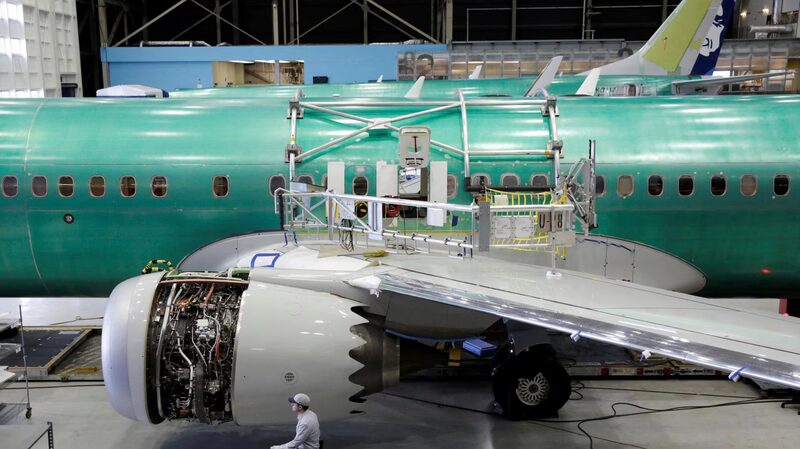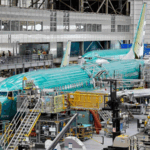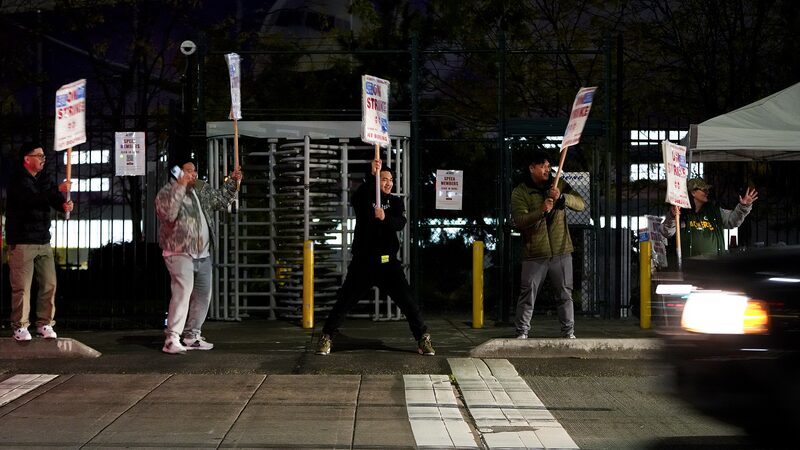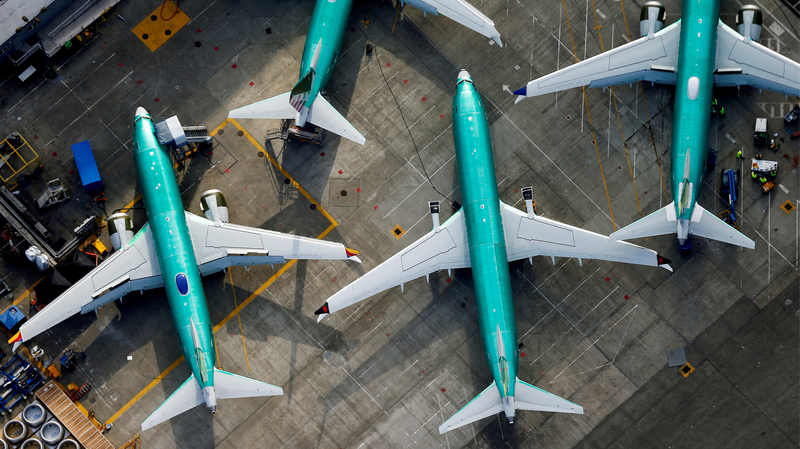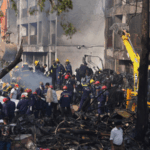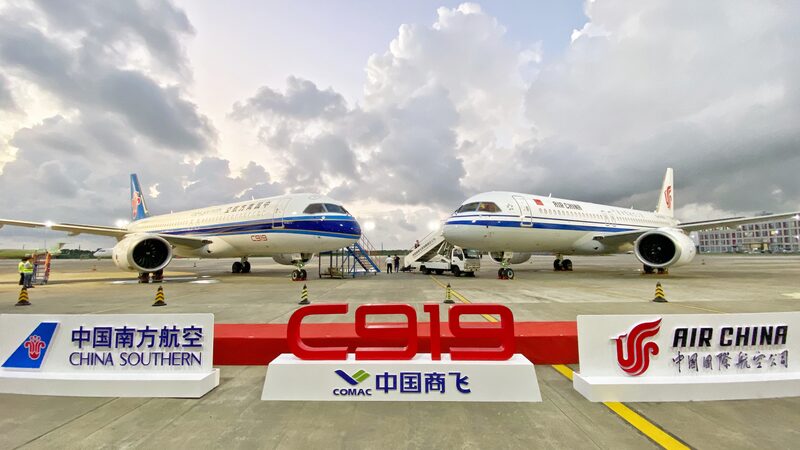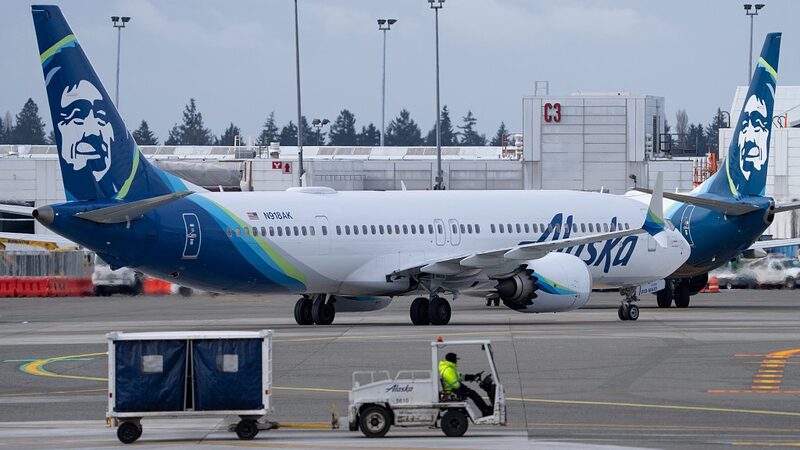Boeing’s safety culture and manufacturing quality faced intense examination on Wednesday during two U.S. Senate hearings, following a mid-air incident in January involving an Alaska Airlines 737 MAX 9 aircraft.
The U.S. Senate Permanent Subcommittee on Investigations delved into testimony that raised serious concerns about Boeing’s handling of whistleblowers and critical safety records related to the blown-out door plug on the near-new narrowbody jet. Former Boeing engineer Ed Pierson revealed that he provided the FBI with internal documents from a whistleblower containing key information about the incident.
Boeing has maintained that it believes documents detailing the work on the door plug were never created. The National Transportation Safety Board, currently investigating the blowout, confirmed it has not received any such documentation from Boeing or any other entity. The FBI declined to comment on the matter.
Whistleblower Sam Salehpour, a Boeing quality engineer, testified that he was told to “shut up” after raising safety concerns about two of Boeing’s widebody jets, the 787 Dreamliner and the 777. Salehpour alleged that he was removed from the 787 program and transferred due to his persistent questions regarding safety practices.
Salehpour highlighted issues with the shimming process—a method used to fill tiny gaps in manufacturing—which he claimed could lead to premature fatigue failure over time. “When you are operating at 35,000 feet, the size of a human hair can be a matter of life and death,” he stated during the hearing.
Boeing refuted Salehpour’s claims, asserting that their aircraft are safe and noting that no fatigue cracks have been found on nearly 700 in-service Dreamliners during heavy maintenance. The company emphasized that “retaliation is strictly prohibited at Boeing.”
The Federal Aviation Administration (FAA) responded by affirming that every aircraft in operation complies with its airworthiness directives. However, members of the U.S. Senate Commerce Committee expressed that Boeing needs to do more to improve its safety culture. Committee Chair Maria Cantwell urged Boeing to submit a comprehensive plan to address systemic quality-control issues by the FAA’s deadline.
Boeing has recently experienced significant operational impacts, including a management shakeup and a substantial decrease in deliveries in March, as U.S. regulators impose stricter oversight. The ongoing hearings underscore the challenges Boeing faces in restoring trust in its manufacturing processes and safety culture within the aviation industry.
Reference(s):
cgtn.com
